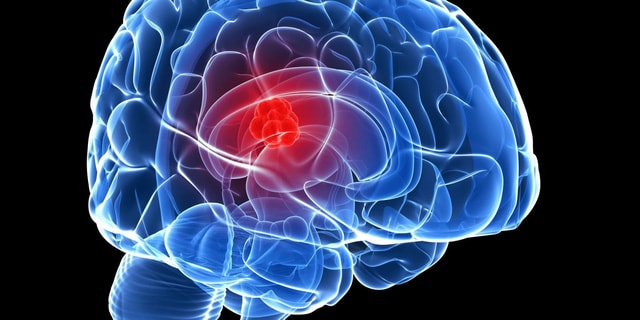Discovered a chemical that can kill brain cancer cells
The brain was taken from a patient who "self-destructed" after being exposed to a chemical in the laboratory.
This could be seen as the first step in the fight against brain cancers such as glioblastoma.

Research led by the University of Leeds has found that a synthetic chemical called KHS101 can cut off the energy source of glioblastoma tumor cells, leading to cancer cell death.
Published in Science Translational Medicine, the research is a major step forward in tackling the disease, one of the deadliest cancers with a five-year survival rate of just under 5%.
In the UK, more than 2,000 people are diagnosed with glioblastoma each year and it has recently been discussed in parliament as a serious disease that requires improvements in treatment.
Originally funded by the Medical Research Council, the new research shows the results are promising and could lead to the development of a brain cancer therapy in the coming years.
Dr Heiko Wurdak, of the University of Leeds, who led the international research team, said: "KHS101 is known to slow the growth of glioblastomas, but we were surprised to find that tumour cells essentially self-destructed when exposed to it.
“This is the first step in a long process, but our discovery paves the way for drug developers to start researching the use of this chemical, and we hope that one day it will help prolong the lives of patients.”
Research shows that the chemicals disrupt mitochondria and metabolism in tumor cells, cutting off their energy supply, leading to their self-destruction.
In the study, to test whether KHS101 could cross the blood-brain barrier in mammals, to see how effective it was in stopping brain cancer, tumor cells were transferred from humans to mice. The blood-brain barrier prevents most molecules from entering the brain and hinders treatments.
The chemical successfully crossed the blood-brain barrier and significantly reduced tumor growth (by about 50%) in mice treated with KHS101 compared to mice given a placebo, resulting in increased survival. More importantly, normal brain cells were not affected by the chemical.
The team also looked at how effective KHS101 was against different genetic profiles of cells within a tumor and between tumors in different patients.
The findings of the study are encouraging but further investigation and refinement of KHS101 is needed before human trials begin, said Professor Richard Gilbertson, a brain tumour expert at Cancer Research UK.


